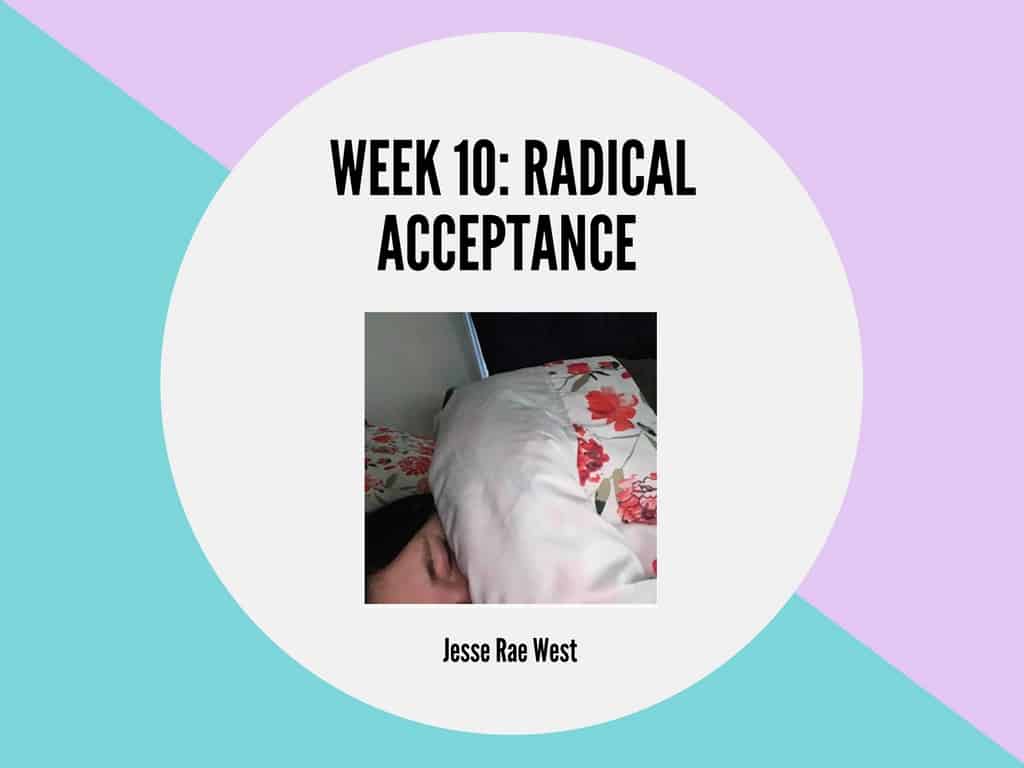“The path out of hell is through misery. By refusing to accept the misery that is part of climbing out of hell, you fall back into hell.” – (Marsha M. Linehan)
I took a week off of writing about my experiences because I needed some time to reflect on the work I’ve been doing without also thinking about how to articulate it in a few hundred words. I’m almost one third of the way through my six-month dialectical behaviour therapy program and the difference I feel in myself is indescribable.
I could probably write an entire novel just on medication. In conjunction with group and one-on-one therapy I’ve been benefitting from a medication change that I feel has really helped get me to where I am now mentally. The best way I can describe it is that I used to see out of pinholes. I’d miss a lot of details. Now I see things without obstruction. I am more able to acknowledge the dialectical nature of everything, which has made it easier to tolerate pain, be mindful and practice radical acceptance.
Radical acceptance has probably been the skill I’ve struggled with the most so far. To radically accept something means to accept something completely and totally. It’s when you stop fighting reality and let go of bitterness. In order to radically accept pain or discomfort we must first see reality for what it is. Facts about the past and present are unchangeable – even if you don’t like them.
Every person has limitations on their future, though we only need to accept the realistic ones. For example, that could mean accepting that my heart feels a bit broken and fragile right now but also knowing that I won’t always feel this way. I just went through a break up, and that is a fact that will not change. I only need to accept my pain for now, as it will not last forever. The limitations I feel in regards to my capacity to love or be happy are only temporarily hindered.
Rejecting reality doesn’t change reality. Pain is a part of life and cannot be avoided. That’s okay though. Pain is nature’s way of letting us know that something is wrong. When we reject pain it becomes suffering. Although acceptance may lead to intense sadness, a deep calm usually follows.
Every few sessions one of my therapists will ask me what “a life worth living” looks like to me. I couldn’t answer this question three months ago and I still struggle to feel confident in my answer. I have always felt a deep sadness within myself and learning how to be happy is hard. I think a life worth living isn’t a life without pain, but a life where I can still be happy or at least at peace when it is painful.
I think everyone is driven by something, and for some folks in my generation it is their career. For me it has always been and probably always will be love. I didn’t feel super loved as a kid and because of that I’ve built myself a chosen family of friends. I’ve felt guilty about my total obsession with love, be romantic or platonic. Can you blame me for wanting that though? I believe life is worth living if it’s full of love, but in order for genuine love to exist, we must radically accept each other, flaws and all.



 Follow Us On Instagram
Follow Us On Instagram
